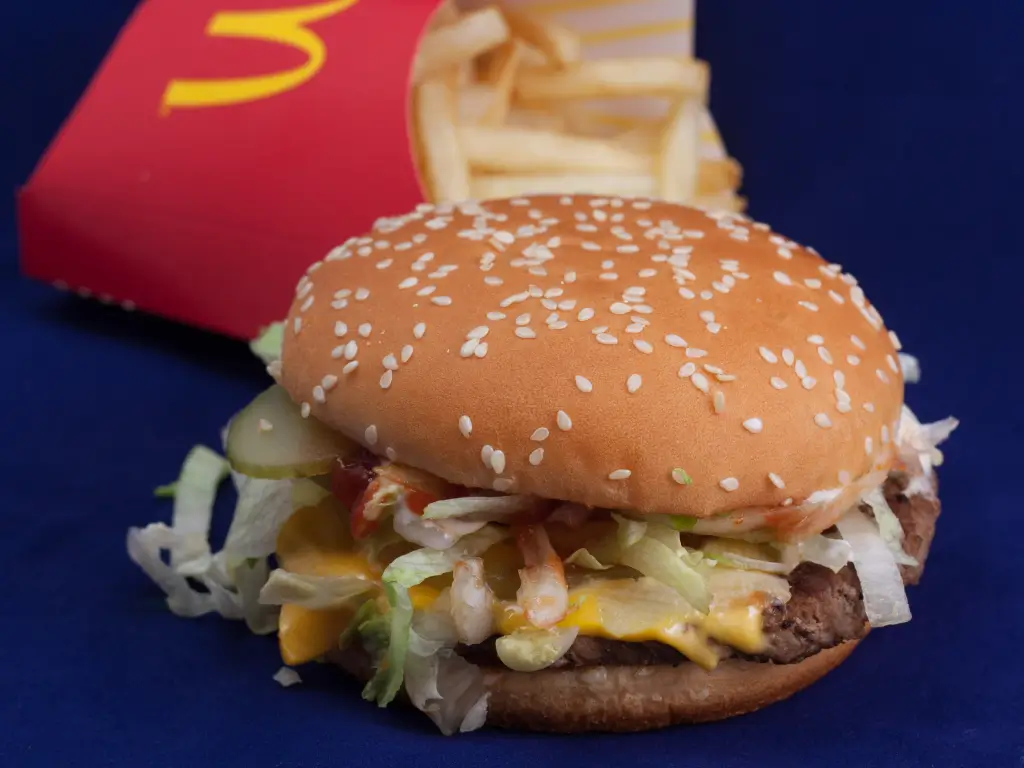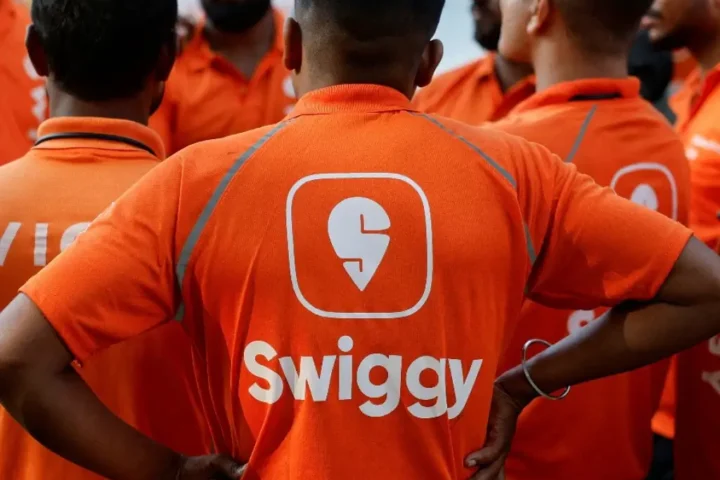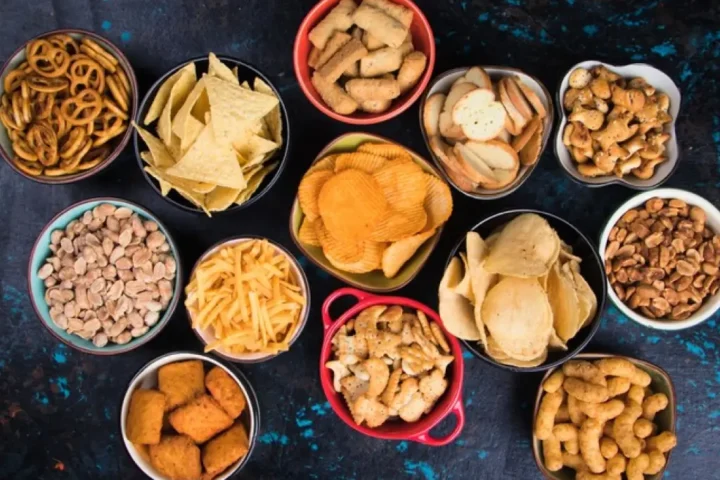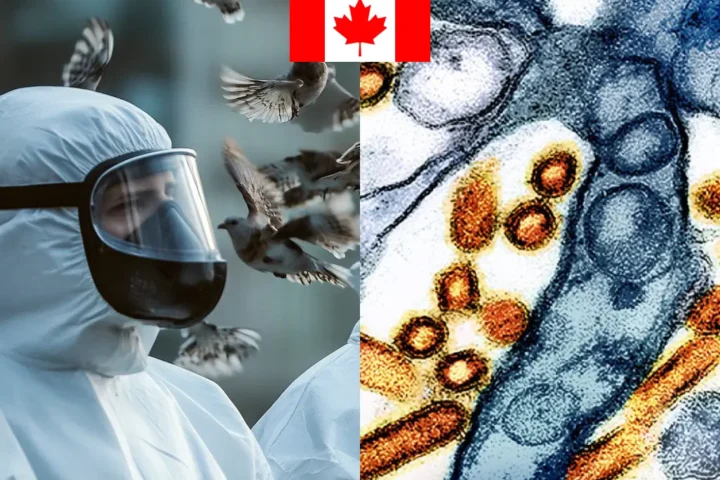Table of Contents
McDonald’s has pulled Quarter Pounders and slivered onions off most of its restaurants’ menus in the United States after a very serious E. coli contamination that has affected scores of people and claimed a life. It was reported there are 49 cases so far in ten states, and the CDC revealed that health officials are investigating the source of the contamination.
The outbreak has elicited a lot of concern, especially in the western and midwestern states of the USA, while the state health departments and McDonald’s look for the possibilities of the outbreak.
The Level of the E. Coli Outbreak
According to the latest reports, the CDC identified 49 infected individuals across 10 states, with the most concentrated outbreaks in Colorado and Nebraska. The states have witnessed all manner of cases, but there was the death of an elderly person in Colorado, which caused the first fatality about the outbreak.
Public health officials have said that in Colorado, a young child has been admitted to a hospital with HUS, a potentially life-threatening complication of the E. coli infection.
McDonald’s stated, and as a measure of caution, both the Quarter Pounders and the slivered onions have been pulled out from restaurants in areas in Colorado, Kansas, Utah, Wyoming, Idaho, Iowa, Missouri, Montana, Nebraska, Nevada, New Mexico, Oklahoma, and parts of Kansas, Missouri, and Nevada. Other options are not altered even when removed for a certain time.
Source of Pollution
Research is hinting at onions, which are used in their burgers, as being the source of the outbreak. But they are yet to dismiss the chances of contamination in the beef patties that are taken to the kitchen.
All the burgers sold by McDonald’s said that all hamburgers are prepared at the temperature of 175 °F, which is above the scientifically recommended temperature of 160 °F to eliminate E. coli bacteria. Even after these procedures, the CDC has been involved in closely collaborating with McDonald’s to investigate each link in the production cycle. Several suppliers supply McDonald’s with beef patties, and while Taylor Farms, a leading vegetable processing firm located in California, is not unique in supplying McDonald’s with slivered onions, their onions are used in all the affected locations.
As a result, Taylor Farms has released some batches of onions into the market and recalled them to avoid any connection with the contaminated food, though it confirmed having conducted tests and found no sign of E. coli. Being a food provider, it is easy to see how this recall might affect more than just Taylor Farms but all the retailers and restaurants that buy onions from the company.
Impact on Other Chains
Concerning this development, Burger King stated that about 5% of its restaurants in the United States get onions from suppliers under investigation regarding the spread of the disease. Although no specific incidents can be connected to some of these places, Burger King took the other onions in question from the food chain as a precautionary measure.
Additionally, Yum! Taco Bell’s parent company, Yum Brands, revealed that fresh onions will be taken out from some of the company’s stores in the United States effective immediately.
A knowledge of E. coli and its symptoms
E. Coli on the other hand is a bacteria that inhabits most humans and animals and out of the many types of E.coli, the destructive ones are deadly. There are harmless E. coli but the harmful E.coli produces a highly influential toxin resulting in severe gastrointestinal disease.
The initial signs and symptoms of an E. coli infection develop three to nine days after you’ve been in contact with the bacterium, and they include severe abdominal cramps, diarrhea that may contain blood, vomiting, and fever. In some instances, as with the childhood and senior population, infections can worsen, progress to HUS, and even lead to renal failure.
McDonald’s financial consequences
After the announcement they made to the public concerning the outbreak, the company McDonald’s suffered a blow to their stock as the cost was reduced by 7% at the opening bell. While the stock has since leveled off, the company is doing a great deal of work to reassure the investing public and regular consumers of food safety.
Since McDonalds has frozen Quarter Pounder serving in the regions, the effect of this on the total sales is yet to be seen. It arrives as the fast-food industry has been struggling to navigate a new environment as more people in the US cut down on restaurant visits. However, its main competitors like McDonald’s have been relying so much on promotion offers to give sales the necessary boosts, and this extra factor of the complex makes things tough for this brand.
Nonetheless, McDonald’s has not relaxed and has quickly responded to possible concerns within this supply chain and security for the public. The fast-food giant will bring back Quarter Pounders in the next few weeks, depending on any changes in the situation regarding the safety of all ingredients.
Legal Battle
Litigation has followed this health issue already. Thus, the first case was filed by Colorado citizen, Eric Stelly, who got infected with E. coli, stating that the poisoning was a result of a Quarter Pounder that he enjoyed in Greeley, Colorado. His lawyer, Ron Simon, said that health authorities had attributed Stelly’s infection to the outbreak and vowed to also represent other customers who have been affected.
The lawsuit filed in Chicago, where the fast food company McDonald’s has its origin and operating center, seeks compensation for all the affected persons and requires McDonald’s and its suppliers to make lasting structural changes to ensure that there is no repetition of the contamination.
“People should be able to eat without fear of becoming gravely ill,” Simon said in an interview. “Our goal is to make it possible for McDonald’s to do all that it can to serve food that is safe to customers in all the outlets that it serves.”
McDonald’s Steps Taken in Handling the Crisis
In its press release, McDonald’s said that it will continue with efforts to find the source of the outbreak and ensure that health risks to consumers are avoided. It has been involved in the investigation of the cause of the contamination with the CDC and FDA and has confirmed that all outlets that may have been compromised have disposed of the affected ingredients.
In this regard, McDonald’s has performed changes to some supply chains in the interim and offered support to stores impacted by the precautionary measures. The company is optimistic that Quarter Pounders as well as slivered onions will be back soon in the affected regions, but only after they have been rigorously tested and analyzed.
Possible Relations to Other Areas of Food Safety
As it stands, this outbreak supplements the broader problems of food hygiene and the weak links in fast-food value chains. Over the last few years, outbreaks of food poisoning have affected large brands, making it important to conduct quality assurance checks at every point throughout the production process down to the farms.
Although McDonald’s has experienced earlier food safety issues, this kind of swift action may be decisive in regaining public confidence. McDonald’s health department desires to improve the company’s internal processes in cooperation with authorities so that such occurrences can be avoided in the future.
Thus, recently, food safety professionals have raised their voices for more clarity in acquiring fresh food products as well as handling them, especially when the contemporary restaurant business includes speedy service and mass preparation. Others recommend that testing should be done often and more severely in case the ingredients are used in hundreds of areas.
As for now, McDonald’s, Taylor Farms, and all other food-issuing companies are still trying to solve the problem of how to protect their customers and maintain relevance during a crisis. As this crisis unfolds, consumer and regulator interest may determine a new standard for dealing with foodborne illness across the food chain.













